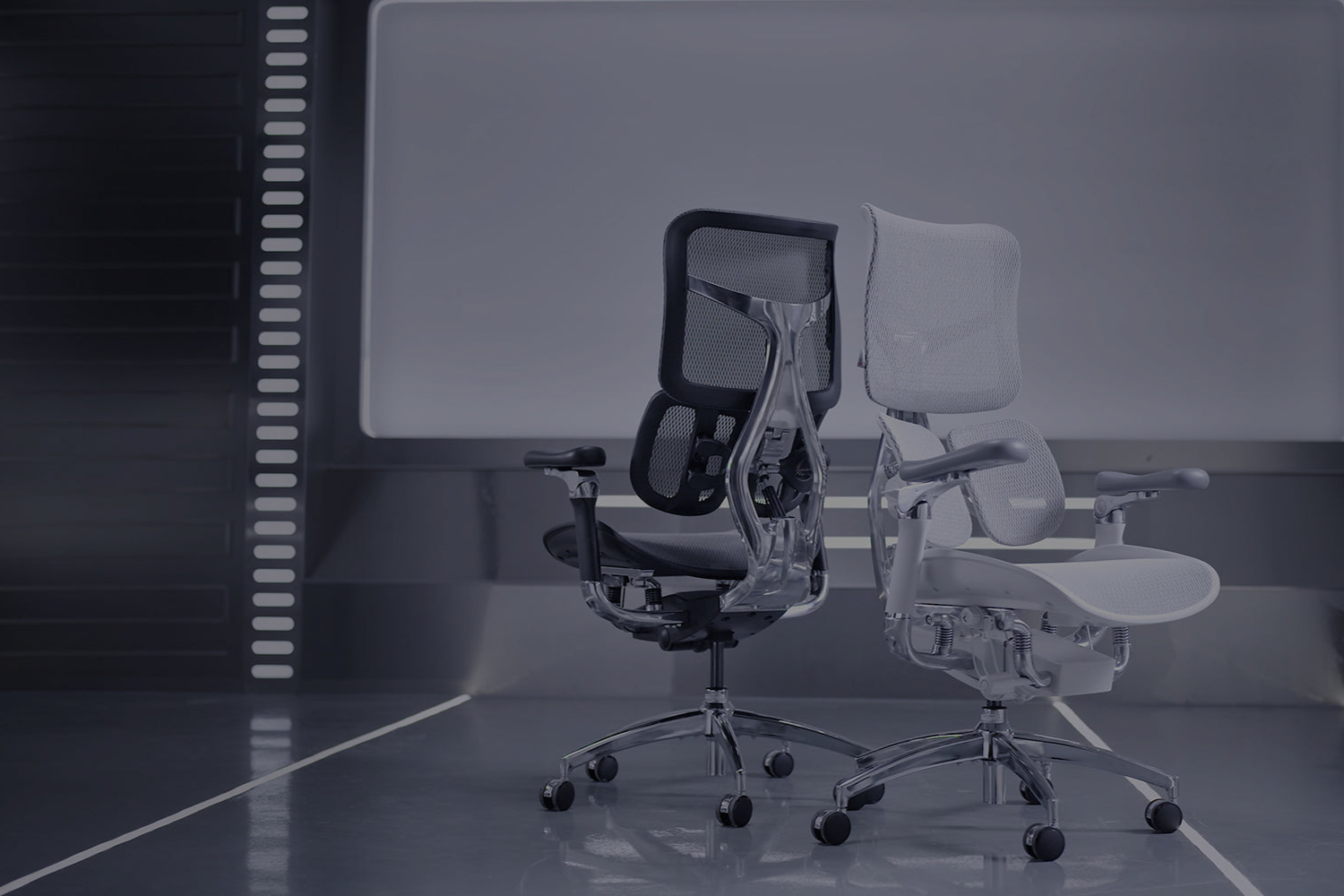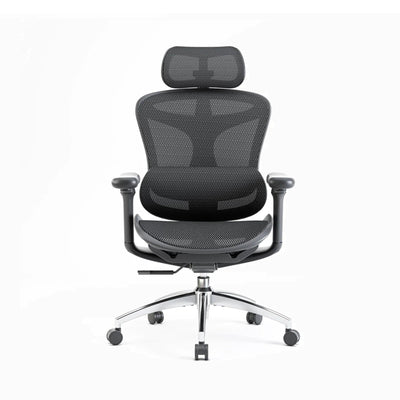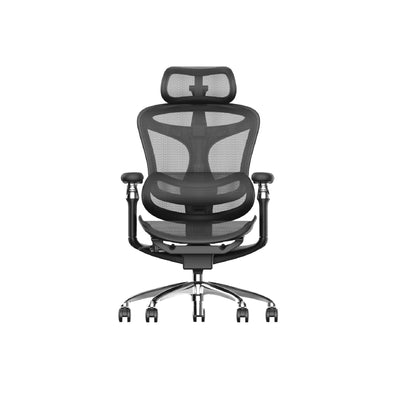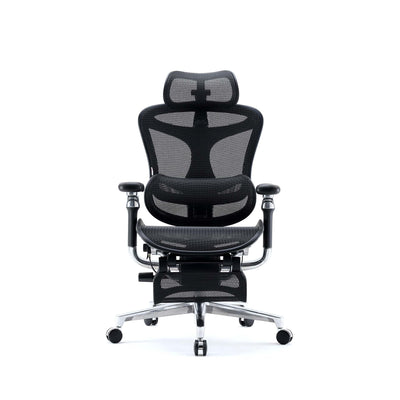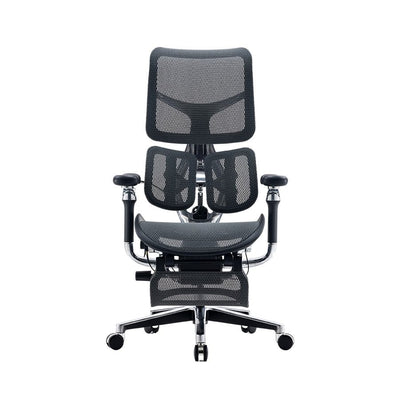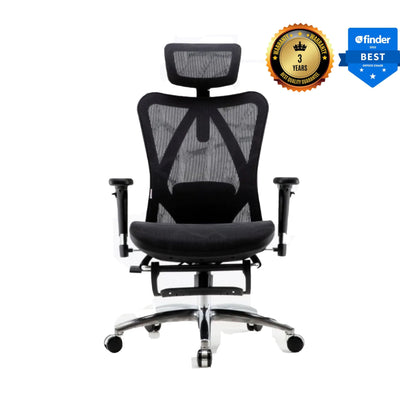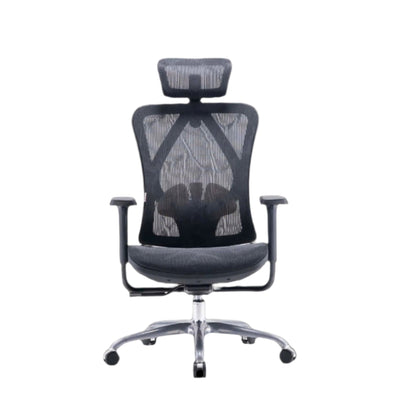
While much is made about software tools, work methodologies, and office culture in professional environments, office furniture often gets sidelined. But did you know that the chair you sit in for 8 hours or more each day could be affecting your performance and long-term health? If you’ve ever wondered why office chair is important, consider that a chair isn't just a place to sit; it's an overlooked tool that can either hinder or enhance your productivity.
The Ergonomic Equation
Ergonomics isn't a modern catchphrase; it's a science devoted to improving efficiency by designing products that reduce discomfort and increase ease of use. When it comes to office chairs, ergonomic design can be a game-changer. Inadequate seating can lead to back pain, fatigue, and carpal tunnel syndrome, affecting your productivity and well-being.
Ergonomic chairs offer adjustable seat heights, adequate lumbar support, and armrests designed to allow your elbows to stay close to your body. These features contribute to better posture, less fatigue, and consequently, better concentration.
Flexibility and Adaptability
Today's workplace isn't just about sitting in front of a computer; it's about moving, interacting, and multitasking. Chairs with swivel features and rolling casters enable you to move freely, interact with colleagues, and access various parts of your workstation without straining your body. The added mobility contributes to a dynamic work environment where collaboration and efficiency can thrive.
Cognitive Functioning and Emotional Well-being
Your body and mind are inextricably linked. A chair that causes discomfort not only distracts you but also potentially exacerbates stress and anxiety. A comfortable seating arrangement can support mental well-being, helping you tackle tasks with a clear mind and a focused approach.
Tips for Selecting Your Ideal Office Chair
-
Check Ergonomic Features: Always look for adjustable height, lumbar support, and armrests when selecting an office chair. Your feet should be flat on the ground, and your eyes level with your computer screen.
-
Trial Period: If possible, use the chair for a brief period before making a purchase. Companies often provide trial periods for ergonomic chairs.
-
Material Matters: Mesh is breathable, leather is luxurious, and fabric is comfortable. Choose a material that you find comfortable and is easy to clean.
-
Consult Your Team: If you are an office manager, involve your team in the selection process. Everyone has unique needs and preferences, and their input can be invaluable.
-
Longevity is Key: Invest in a chair that is durable and comes with a warranty. A good chair is an investment in your health and productivity.
Conclusion
Your office chair is more than just a piece of furniture; it's an investment in your professional life. A well-selected chair can enhance productivity, boost mental well-being, and even prevent long-term health issues. So, the next time you think about upgrading your office setup, remember: a good chair is worth its weight in gold.

